Cyber Security
£2360 (£1600 during the tuition waiver period)
This course describes and explains how to conduct investigations with cyber-enabled equipment, including on public-internet-facing networks, or other network environments. Much evidence is lost or ruled inadmissible within courts and tribunal environments because it has been mishandled and corrupted (or could have been) by investigators, or those with a perceived chain of custody over the data. Moreover, in a planet of several billion cyber-enabled devices, but few qualified cyber investigators, it is now the case that many organisations have to manage part or all of a cyber incident investigation, because the national CERT or police/security agencies are otherwise prioritised.
In this course learners will examine the requirements for digital investigations including team formations and tools, understanding the prospects of recovering information, gathering evidential data (including from mobile and IoT devices), safeguarding evidential integrity, as well as the complexity and challenges of storing and presenting evidence within legal environments.


1. Understand the core principles of digital investigations
2. Apply the types of tool that support professional digital investigations at a strategic level
3. Plan for an investigations and forensics teams
4. Understand the importance of safeguarding evidential integrity in digital investigations


Scholarships
Citizens of the following countries are eligible for a 50% scholarship upon writing a personal statement. All scholarships are to be approved by the Academic Board. The list of countries are: Sri Lanka, Indonesia, Philippines, Bhutan, Morocco, Vietnam, Papua New Guinea, Laos, Cambodia, India, Nigeria, Ghana, Bangladesh, Laos, Myanmar, Pakistan, Nepal and South Africa. Please talk to your student counselor and ask for the Coupon Code to get the 50% Tuition Waiver.

To pass the unit a 40% overall grade must be achieved.

You are eligible if you meet our stipulated entry requirements.









Introduction
Introduction to computer forensics
Computer investigations
Computer forensics tools
Digital evidence controls
Computer forensic analysis
Types of forensics